Not everyone is a good candidate for refinancing, though. Alternative loans such as home equity loans, personal loans, and HELOCs might be a better fit for borrowers who want to lower their interest rate and streamline their payment schedule.
Cash-Out Refinancing
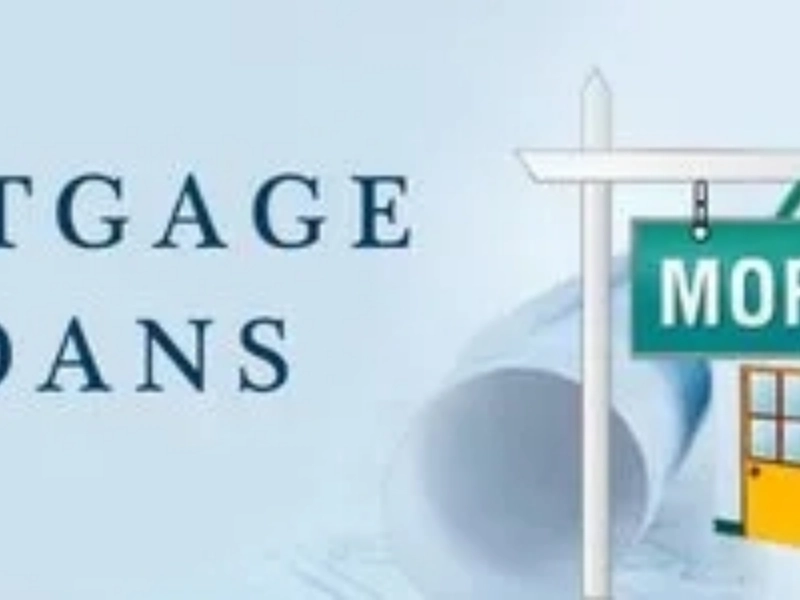
By replacing the original mortgage loan with a conventional cash-out refinance, homeowners can borrow more money than they now owe and may even be eligible for lower interest rates. However, they have up-front mortgage insurance costs and need better credit ratings. FHA and VA loans are examples of government-backed refinances that can be a preferable choice for borrowers who would rather have a fixed rate and consistent monthly payments.
Although personal loans and home equity lines of credit (HELOCs) can have higher interest rates, they provide greater flexibility than cash-out refinances. A shared appreciation mortgage is an additional option that enables homeowners to receive a lump-sum payment in return for a portion of their future property worth.
Borrowers that require access to large sums of money for debt consolidation, home improvements, or other needs are best suited for cash-out refinances. However, because the procedure can result in higher monthly mortgage payments and a restart of the loan term, it's not a fantastic alternative for everyone. It can also quickly deplete the equity in your house, which is something you should treasure.
Household equity loan

Homeowners who have amassed significant equity in their properties can be eligible for a loan large enough to pay off all or part of their debt. This is the ideal option for well-behaved borrowers with good credit scores and a low debt-to-income ratio who are determined not to take on new credit card debt in the future.
A home equity loan's principal benefit is its low interest rates, which are frequently lower than those of credit cards. Additionally, it provides homeowners with a set payment schedule so they always know what to anticipate each month.
A home equity loan does have certain disadvantages, though, such as closing expenses and the possibility of accruing more debt if it is not repaid quickly. A homeowner's financial flexibility may also be lowered because, in the event that they are unable to make payments, their home is at risk. Furthermore, using this kind of debt consolidation loan for discretionary expenses like trips is usually not a good idea.
HELOC

A flexible method of using the value of your house to pay off debt is through home equity lines of credit. Similar to credit cards, they provide you with a line of credit that you can use and pay back as needed, up to a maximum amount determined by your lender. They're especially beneficial for homeowners who intend to purchase and sell real estate or remodel their homes. Similar to other loans, HELOCs have an array of conditions and charges. For the duration of the loan, some lenders offer a fixed rate, which can offer consistency and predictability. Your interest payments can be tax-deductible.
If you want a lump-sum payment up front and know exactly how much money you'll need, a home equity loan is perfect. It can be used for one-time expenses and has a low interest rate, along with the security of fixed payments. In addition, home equity loans have faster processing timeframes and are less costly than cash-out refinances. Additionally, they don't affect your credit score in the same way as a HELOC.
Credit Card Merger

There are many ways to pay off credit card debt without endangering your home. A 0% balance transfer credit card, which offers little to no interest on the transferred balance for a period of six months to two years, is frequently the simplest and most affordable choice for people with good to exceptional credit. Personal loans and debt consolidation plans are two more popular choices. They both have fixed terms and interest rates that are usually cheaper than those of credit cards.
However, it's crucial to keep in mind that there are still certain dangers associated with these refinancing options. First of all, you run the risk of accruing even more debt if you keep using your credit cards after you've consolidated them. Additionally, if you use a debt consolidation company, there can be significant fees involved. Additionally, using a home equity loan or home equity line of credit will have an impact on your credit score. Additionally, in order to qualify, both will need a sizable amount of home equity.
Recommended Reading: Refinancing an auto loan: Is a Better Rate Possible?

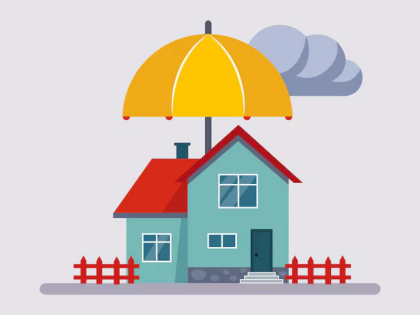






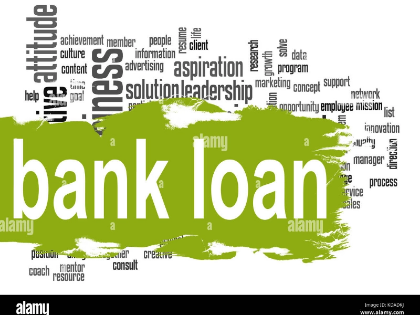
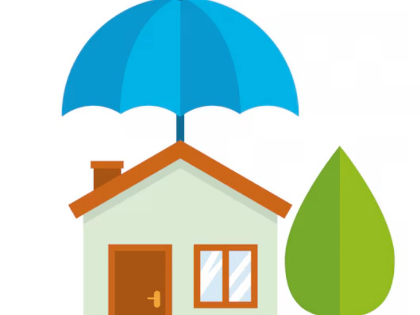



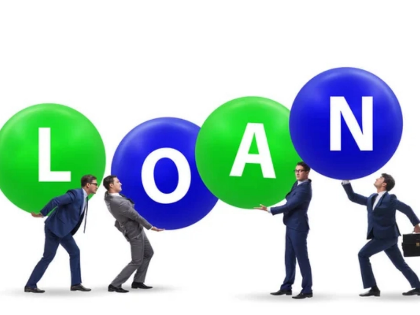
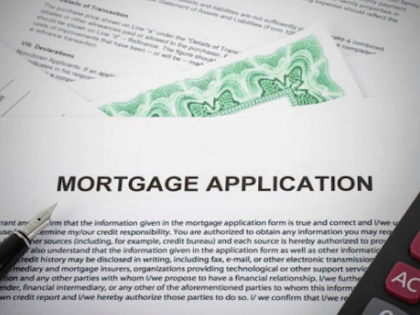


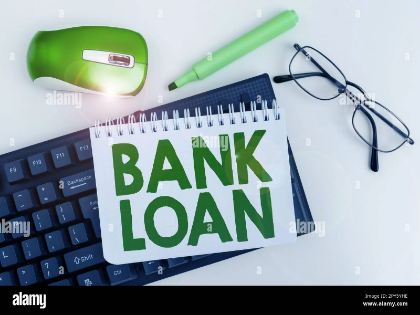





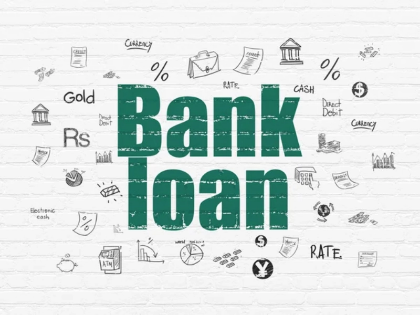
Subtext lands powerfully.
Adds clarity, not clutter.
Protects against silent regressions.
Open to instrumentation layering.